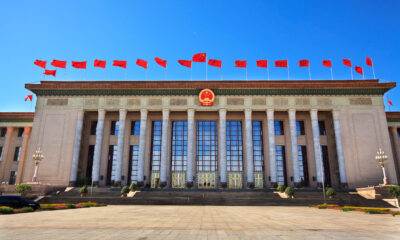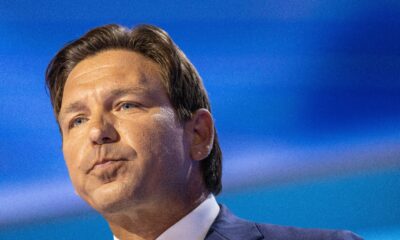Macron’s Snap Election Faces Populist Surge Led By Marine Le Pen

President Emmanuel Macron’s snap election gamble might result in a significant win for Marine Le Pen’s National Rally (RN) party. Polling data from Toluna Harris Interactive, commissioned by Challenges, M6, and RTL, indicates that RN could secure between 235 and 265 seats in the French legislature. This would mark a dramatic increase from their current 88 seats, although still below the 289 needed for a majority.
Macron’s Renaissance party, which currently holds 250 seats, is projected to see its numbers fall to between 125 and 155. Leftist parties, running independently, could collectively secure between 115 and 145 seats. Even with a lead in the polls, the RN’s path to forming a government is uncertain, with the potential for a broad coalition of establishment parties or a hung parliament remaining a possibility.
The snap elections come after Macron’s party received only half the support of populists in the European Parliament elections, prompting him to seek a new mandate. Despite the expected gains for the National Rally, Macron will stay on as president for three more years, overseeing defense and foreign policy. The French political system grants more executive power to the president, meaning any prime minister from the RN would have less influence compared to Macron.
In response to the upcoming elections, RN leaders Marine Le Pen and Jordan Bardella have initiated talks with Marion Maréchal of the Reconquête (Reconquest) party to discuss a potential populist coalition. Concurrently, leftist factions are also negotiating to form a unified front in an attempt to counter the populist surge.
The election results could significantly alter the French political landscape and have broader implications for Europe, where populist movements are increasingly influencing politics. Macron’s snap election strategy, aimed at regaining control, may instead underscore the rising influence of populist parties and the shifting dynamics within French and European politics.
























